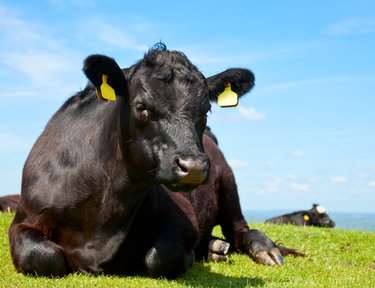In both human and bovine TB cases, the disease is recognized by specific biomarkers. The research team adapted the human test to target the biomarker related to bovine TB.
“We have validated the (test) in cows that were positive controls of a vaccination study done at the US Department of Agriculture, tested at different time points during the course of infection,” Harshini Mukundan, leader of the Chemistry for Biomedical Applications team, said in an April 12 release.

With this new test, researchers can directly measure pathogen biomarkers in bovine blood. That information allows medical specialists to determine if it’s a case of simple exposure or actual infection.
“It will be wonderful if the (procedure) can be adapted to a rapid cow-side test that can be used by ranchers and farmers to effectively diagnose bovine TB,” Mukundan said in the release. “I am especially interested in providing something concrete to farmers and veterinarians in our state, the New Mexico Livestock Board and the USDA, all of whom require such a test.”
In Canada, beef producers in Alberta and Saskatchewan continue to recover from a bovine TB outbreak.
10,500 cattle were destroyed, 9,500 have been released from quarantine and 8,500 remain in quarantine, according to the Canadian Food Inspection Agency.
Better testing is good news for ranchers as long as it meets a global standard, one producer said.
"It just seems like there hasn't been any developments for decades," Brad Osadczuk, a farmer near located Jenner, Alta., who lost his herd of 1,200, told the Canadian Press. "I'm not a scientist but there must be something better than what we are doing now."